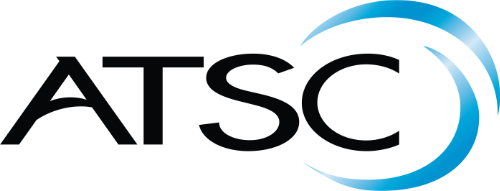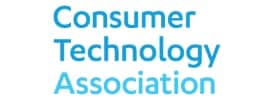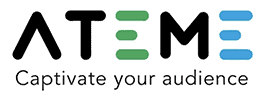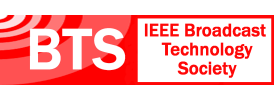- About
- Members
- Sponsors
- Subcommittees
- About Our Subcommittees
- Technology Group 3
- Implementation Team 1 – Advanced Emergency Information
- Implementation Team 2 – India
- Implementation Team 3 – ATSC 3.0 Conformance
- Implementation Team 4 – Brazil
- Implementation Team 5 – Tower Network
- Implementation Team 7 – Caribbean
- Implementation Team 8 – Automotive
- Planning Team 4 – Future Broadcast Ecosystem Technologies
- Planning Team 5 – Automotive Applications
- Planning Team 6 – Global Recognition of ATSC 3.0
- Planning Team 9 – Sustainability
- Technical Documents
- News
- Events
- Spotlight ATSC 3.0
- Contact Us
- Member Login
- Member Meetings
- Advanced Search
Search Site
Member Links
- About
- Members
- Sponsors
- Subcommittees
- About Our Subcommittees
- Technology Group 3
- Implementation Team 1 – Advanced Emergency Information
- Implementation Team 2 – India
- Implementation Team 3 – ATSC 3.0 Conformance
- Implementation Team 4 – Brazil
- Implementation Team 5 – Tower Network
- Implementation Team 7 – Caribbean
- Implementation Team 8 – Automotive
- Planning Team 4 – Future Broadcast Ecosystem Technologies
- Planning Team 5 – Automotive Applications
- Planning Team 6 – Global Recognition of ATSC 3.0
- Planning Team 9 – Sustainability
- Technical Documents
- News
- Events
- Spotlight ATSC 3.0
- Contact Us
- Member Login
- Member Meetings
- Advanced Search
Q&A with Cordel Green, Executive Director, Broadcasting Commission of Jamaica
Posted on November 8, 2021 in ATSC News
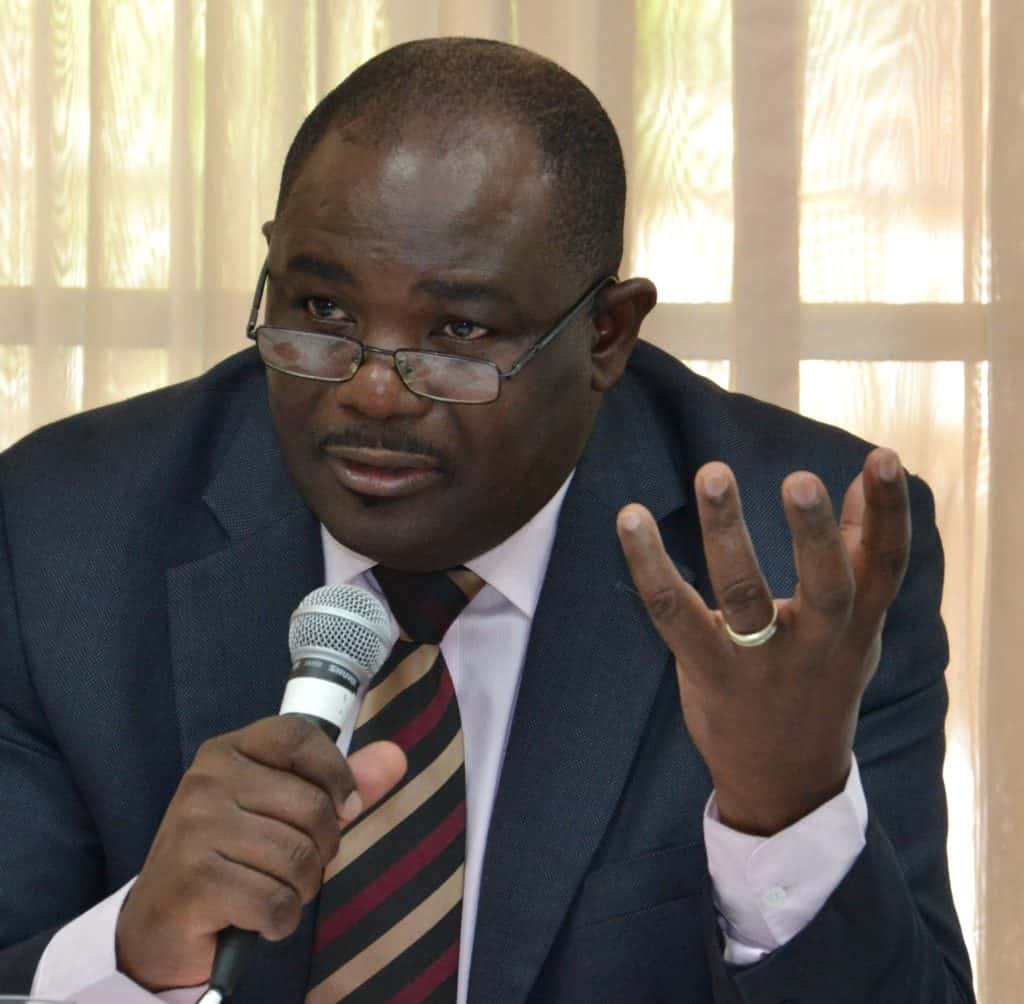
The long-awaited switchover to digital television in Jamaica has recently been announced. Television Jamaica Limited, an over-the-air broadcaster in Jamaica, is transitioning from Standard Definition operations to High-Definition services and from NTSC analogue transmission services to ATSC 3.0 digital transmissions. The government has announced a Digital Switch Over (DSO) start date of January 2022 and an Analogue Switch Off (ASO) date of January 2023.
The Jamaican Broadcasting Commission recently issued a consultancy tender for a Technical Advisor for Digital Television Switchover in Jamaica. To learn more about this exciting development, ATSC sat down with Cordel Green, Executive Director of the Broadcasting Commission of Jamaica, to talk about the upcoming switchover.
What are the key motivations to move to a digital system? What makes now the right time?
In less than a decade, technology companies like Google, Amazon and Facebook have captured much of the market for content. Traditional media companies in Jamaica are no longer operating on a level playing field; they now are competing against technology firms that are largely unregulated, untaxed, have no physical presence in the country, have no obligation to provide socio-culturally relevant content, and are capturing significant advertising revenue. The switchover to digital television could strengthen the position of the incumbent television companies in the marketplace by providing opportunities to increase the number and variety of programs, at far higher quality, and combine free-to-view and paid content. Their success will then largely depend on their ability to monetize content across platforms and develop new sources of revenue.
The objective of DSO is to deliver fully digital, high-quality media and communication networks in Jamaica, with significant spectrum efficiency gains, far higher quality, more diverse content creation, and to support Jamaica’s transition to a digital society and economy.
What were the primary drivers behind selecting ATSC 3.0 for the new digital system?
ATSC 3.0 is the world’s first fully IP-based standard, with a native IP transport layer and is designed for the OTT world in which broadcasters are now operating. It is the next-generation standard for television transmission in the U.S.A., incorporated into several International Telecommunications Union (ITU) Recommendations and Reports since January 2020, and it is already commercially deployed in South Korea, one of the world’s most sophisticated markets. The largest U.S. terrestrial TV broadcasters are transitioning from testing to commercial deployment of ATSC 3.0. The standard also comes with public emergency communication capabilities which will be of great value to a small island state which is at risk of natural disasters. However, this was not just a technology question. Jamaica shares a very close commercial and socio-cultural bond with the U.S.A. Ultimately, as DSO is a one-off opportunity, it makes sense to move to the latest and most advanced standard.
Jamaica has an aggressive timeline for implementing the new system. What factors went into determining an ASO in January 2023?
The discussion of the DSO process started in 2003. The Government of Jamaica established the DSO committee in February 2009, and the committee produced their report ‘Recommendations on Digital Terrestrial Television Switchover in Jamaica’ in March 2014. This has been a long time coming. Much has happened since 2003. The operating systems of society are undergoing profound transformation, including a fast-approaching future when computer chips will be nearer to zero in cost and connected sensor devices will be widely deployed, fueling exponential ‘datafication’ and the Internet of all things. The Covid-19 pandemic has also brought home, forcefully, the necessity for a speedier digital transition.
How does DSO fits into the regulatory framework for modernizing the broadcasting sector in Jamaica?
The changes in the communications ecosystem will also require a parallel evolution in the regulatory architecture for Jamaica, probably towards the integration of all communications and media, no longer divided by service and mode of delivery (i.e. telephone, television, film, print etc.), but divided between content and infrastructure. The Broadcasting Commission’s policy paper, “Content Regulation in the Fourth Industrial Revolution,” develops this point and includes recommendations on a regulatory framework for the converged environment.
Any other comments?
The transformations that are underway, including recent signals that we are galloping into the metaverse, suggest a need for a ‘new/digital Media and Information Literacy,’ designed to include updated competencies and working knowledge of AI, the management and use of big data, the Internet of Things, AI ethics, AI governance, machine rights and other fourth industrial age technologies such as 3D, augmented reality, virtual reality, and the cloud. Exposure to, and an understanding of, these issues is critical to the shaping of the digital citizen and their ability to play a central role in the society which is being shaped.
With this in mind, the Broadcasting Commission is currently working with Mona School of Business, Slashroots Foundation, and UNESCO, to establish a Digital Media and Information Literacy Skills Framework for Jamaica. The outputs will include tools for assessing and eventually certifying Digital Literacy, and recommendations for the creation of a national digital literacy policy which will include setting and monitoring targets in relation to education, training, employment, digital safety, and media literacy.
The Broadcasting Commission has also spearheaded the Caribbean AI Initiative, which is a collaborative project with the UNESCO Cluster Office for the Caribbean and supported by UNESCO’s Information For All Programme (IFAP). Under the auspices of the Caribbean AI Initiative, we have developed the Caribbean AI Roadmap which is based on 6 principles: Resiliency, Governance, Transformation, Upskilling, Preservation, and Sustainability. This translates into a focus on cooperation, human rights, and sustainable development. It will be offered as a guide for the Small Island Developing States of the Caribbean in using AI to support their transition to digital economies and societies. [Find out more at ai4caribbean.com].
Posted in ATSC News
News Categories
News Archives
Subscribe
Subscribe to The Standard, our monthly newsletter. Learn More
Join ATSC
ATSC is a membership organization with both voting and observer categories. Voting members include corporations, nonprofit organizations, and government entities, and they participate actively in the work of ATSC. Observers are individuals or entities not eligible to be a voting member.
Subscribe to our Newsletter
Subscribe to The Standard, our monthly newsletter, to stay up-to-date with ATSC news and events around the world.
Site Links
Contact Us
Advanced Television Systems Committee, Inc.
1300 I Street NW, Suite 400E
Washington, DC 20005
Do you have questions about ATSC?
About ATSC
The Advanced Television Systems Committee, Inc., is an international, non-profit organization developing voluntary standards and recommended practices for digital terrestrial broadcasting. ATSC member organizations represent the broadcast, broadcast equipment, motion picture, consumer electronics, computer, cable, satellite, and semiconductor industries. ATSC also develops digital terrestrial broadcasting implementation strategies and supports educational activities on ATSC standards.
© 2024 ATSC
